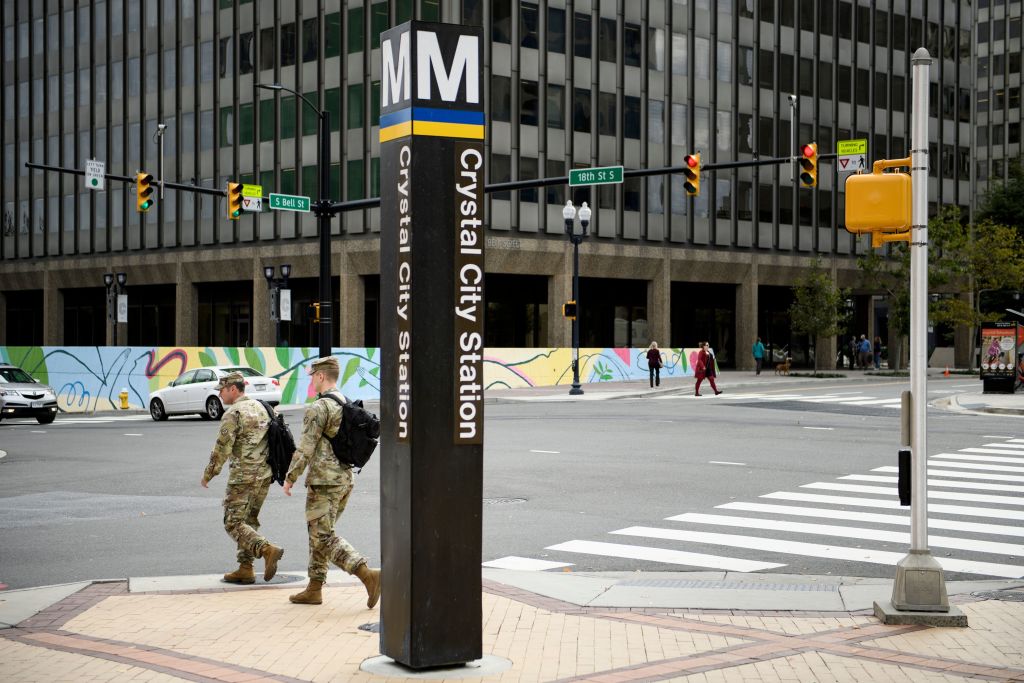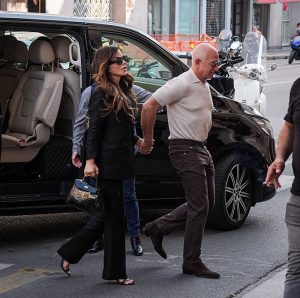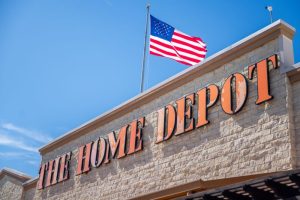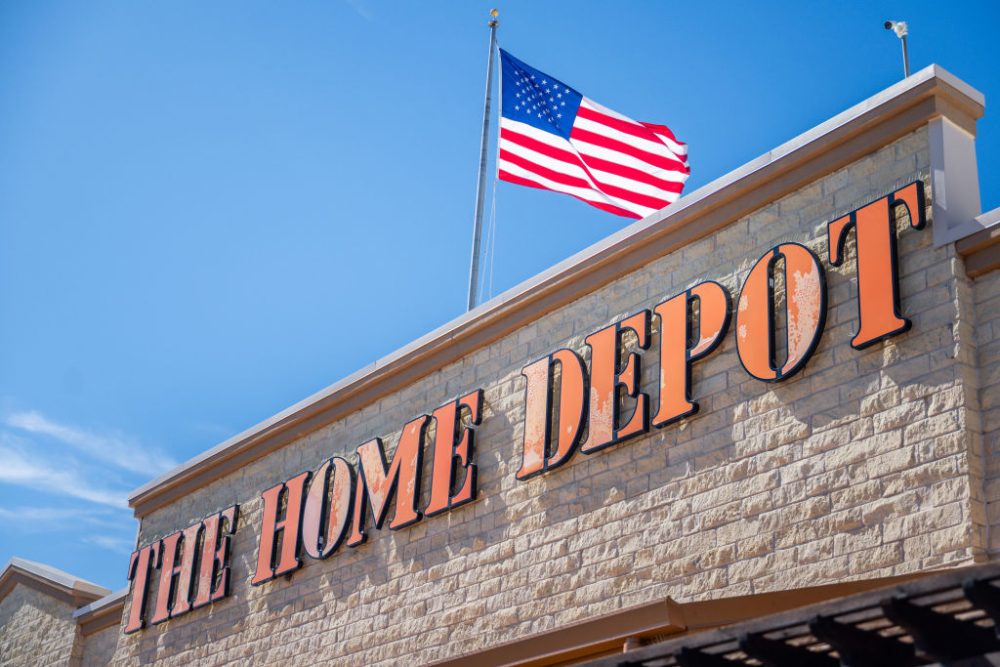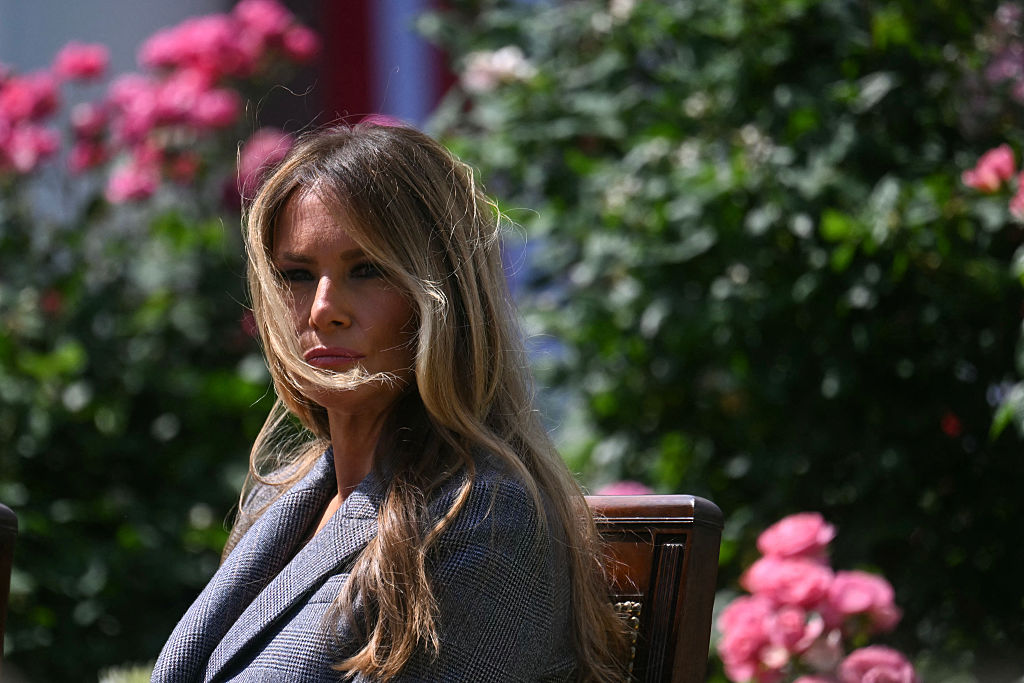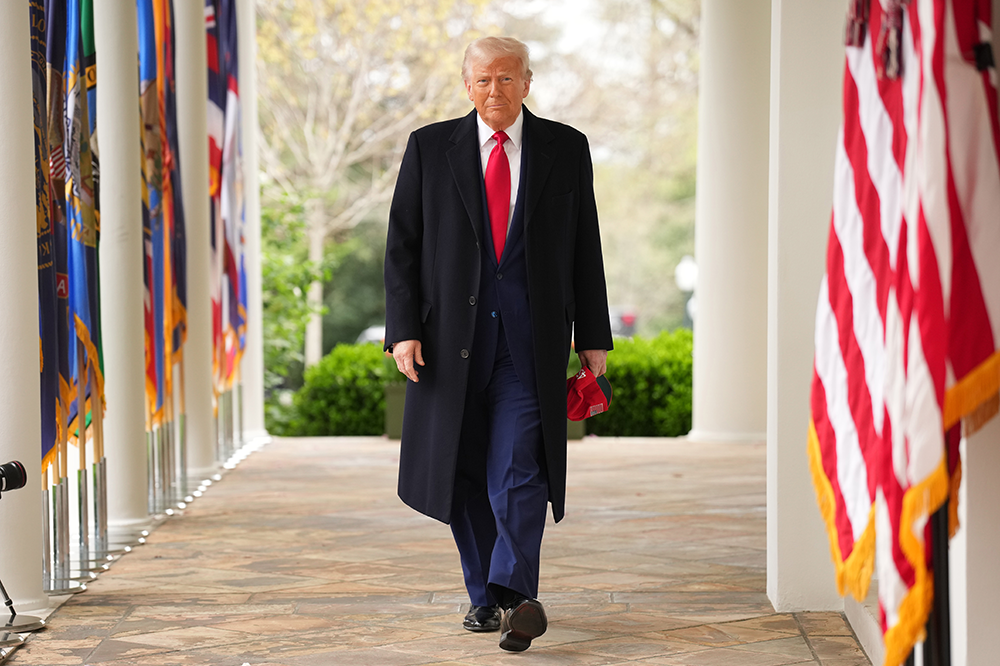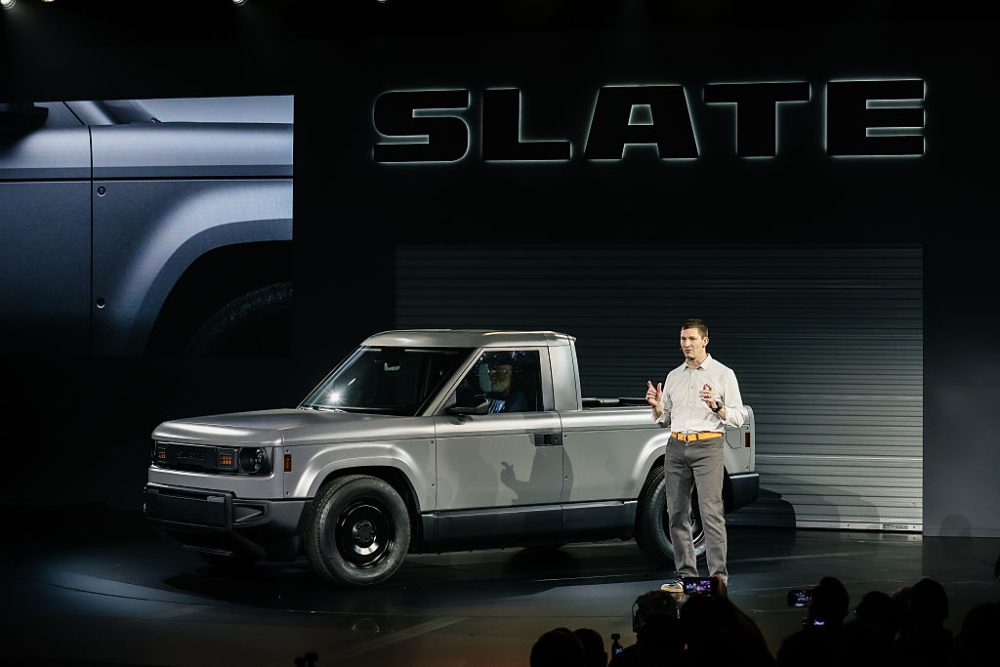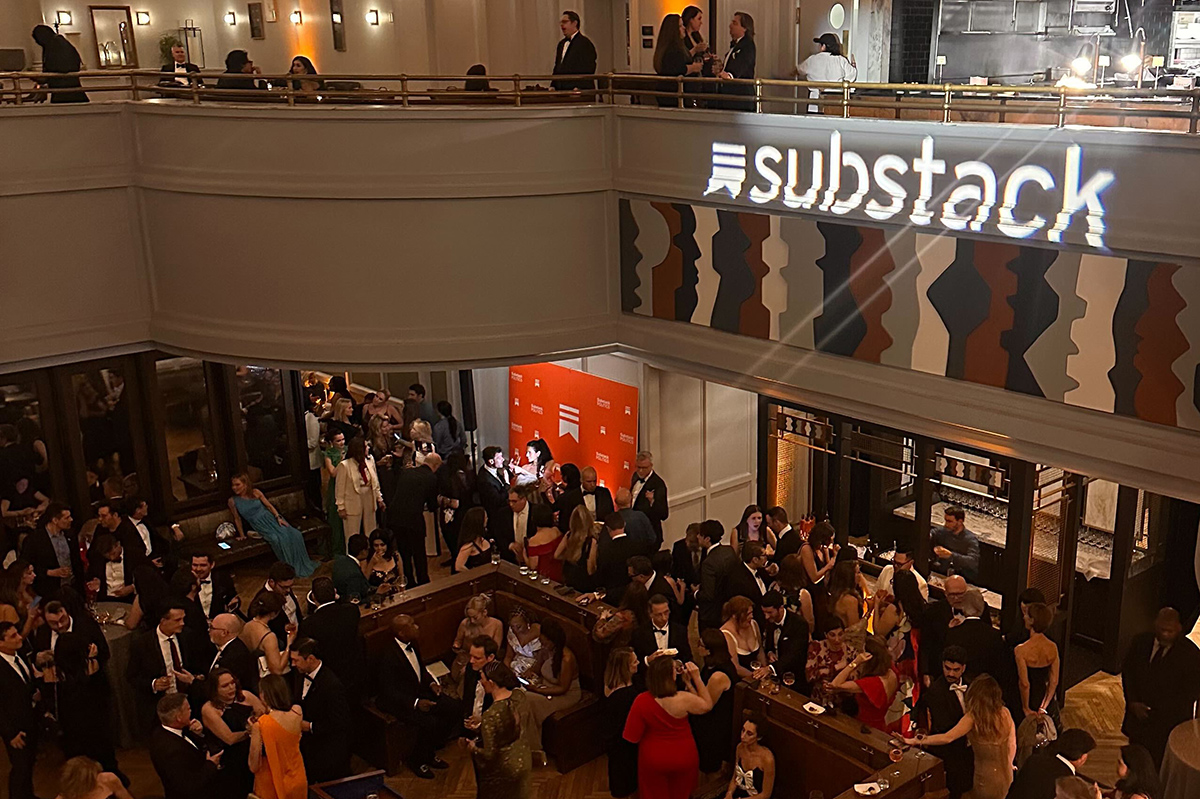‘Pay-to-play is not OK; we want a public hearing today.’
That was the chant heard at HQ2-Apalooza, a recent event held by Amazon in Arlington, Va., the Washington, DC suburb that will host the Seattle-based internet giant’s second headquarters.
The scene might have conjured some unpleasant and recent memories for Amazon. The firm’s search for a place to build its ‘HQ2’, a year-long, highly publicized sweepstakes that received entries from over 200 localities across North America, concluded with the decision to split the headquarters between New York and Arlington, only to see public opposition force Amazon to scuttle its New York plans. Now, the backlash has spread to Virginia.
HQ2-Apalooza, a private event with a pricetag of $200 per ticket, was crashed by a group called ‘For Us, Not Amazon.’ A broad coalition of corporate watchdog organizations, left-wing activists, and civil rights groups, the campaigners look to bring New York-style people-power to bear against the retailer.
Anti-Amazon campaigners in Virginia share the same concerns as their New York counterparts. Housing is a major issue for them; activists worry that rents could skyrocket in response to the influx of highly-paid tech workers. So too are the generous tax-funded subsidies that Arlington and Virginia offered to lure Amazon to their city. Combined, this amounts to the poorer renters of Northern Virginia ‘subsidizing their own harm,’ says Greg LeRoy, head of Better Jobs First, a monitor of corporate subsidies affiliated with the coalition.
It is complicated. Local politicians are nearly unanimous in their approval of Amazon’s plans. Katie Cristol, a member of the Arlington County board, says the move is the beginning of ‘tech renaissance’ in the area, and adds that the $23 million in local subsidies are ‘a good deal for Arlington County’, since the county will make many times that amount from Amazon’s property tax bill (the Commonwealth of Virginia has already approved its own incentive package of $573 million, contingent on Amazon meeting certain hiring targets over the next 12 years).
All told, the subsidies for the Virginia headquarters pale in comparison to what New York was on the hook for; state and city subsidies there totaled nearly $3 billion. Amazon needs to be in Washington anyway. A lobbying presence is necessary, should any anti-trust regulations be debated on Capitol Hill. But less known is the fact that most of Amazon’s profits come from government contracts. ‘Amazon makes very little on the retail side of things,’ notes LeRoy, ‘the more lucrative side is Amazon Web Services,’ referring to the cloud computing subsidiary, the world’s largest provider of such infrastructure. AWS’s main customers are the Pentagon, in Arlington, and the CIA, in nearby Langley.
More controversial are the company’s dealings with Immigration and Customs Enforcement, the federal agency tasked with the deportation of illegal aliens, whose computing needs are fulfilled by AWS. Campaigners in New York and Arlington alike have taken issue with the relationship, with Roshan Abraham, an activist with Our Revolution Arlington, mincing no words on the subject, saying ‘Amazon needs to end its partnership with ICE.’
The ultimate aims of this broad coalition remain diffuse. They want the county subsidies, scheduled for to be voted on March 16, to be denied. ‘If Amazon is ready to skip town for $23 million, that’s all you need to know about them,’ says Abraham. Many would welcome a repeat of events in New York; others simply want to curtail the subsidies, ensure that Arlington takes steps to ensure affordable housing in the city, or challenge Amazon on its ICE partnership. In the short term, they want more community input on Amazon’s plans, including public hearings with Amazon executives; ‘they won’t speak to us’, complains Abraham. Either way, the HQ2 sweepstakes, once thought a publicity boon to Amazon, has proven anything but.



